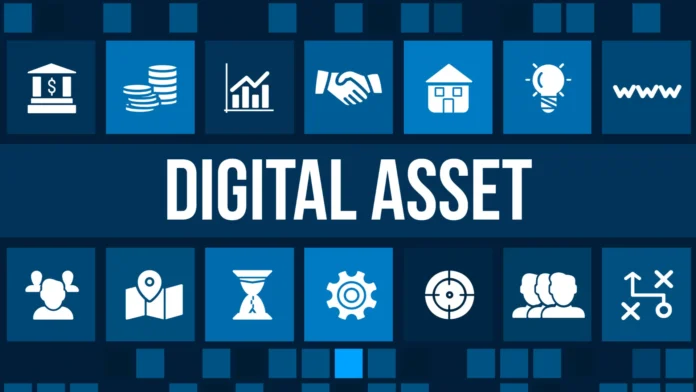Digital assets have been gaining traction over the last few years. It is almost impossible to surf online without seeing ads and websites highlighting opportunities to invest in cryptocurrencies and tokens or join value-generating programs.
Like physical assets, digital assets allow investors to buy, sell, store, protect, distribute, and trade online. So, should investors sell all physical assets and switch to digital assets? Just like any other financial and investment decisions, research is paramount.
Investors should keenly review the pros and cons of digital assets to make informed decisions. This article will highlight the pros and downsides of digital assets to help investors make sound decisions.
Traditional Vs. New Digital Assets
Many investors think digital assets are a recent investment, but they have been there for decades. The traditional digital assets include company shares, exchange-traded funds, managed funds, and intellectual properties like copyrights and trademarks.
These assets have a physical business or regulatory authority behind them but are only accessible and traded online. The new digital assets for investors use the same concept as traditional ones. However, they lack a physical entity or a body that regulates them.
Investors only need to open an account at My Digital Money or other reputable platforms to buy, store, trade, or send digital assets. These assets include non-refundable tokens (NFTs) and cryptocurrencies, which are neither recognized as legal tender nor regulated by asset regulatory bodies.
Pros of Investing in Digital Assets
Digital asset owners can easily meet on digital asset platforms to transact without the influence of governments or centralized bodies. This gives investors a sense of independence and authority to transact with anyone, regardless of where they are. Modern digital assets use decentralized platforms such as blockchain, allowing investors to prove ownership and exchange those rights for money or other assets.
Transactions involving physical assets can take hours, days, or weeks due to regulatory measures. However, digital assets change hands almost instantly, so investors can seize investment opportunities or dispose of assets as quickly as possible.
Digital assets allow everybody with the relevant knowledge and internet connection to trade freely. So, no financial status or background information will limit digital asset holders from trading digital assets.
Security is another concern when investing or trading assets. Reputable digital platforms use advanced algorithms to detect and prevent unauthorized individuals from accessing or manipulating data.
Users can protect assets with strong passwords and authentication measures. Besides, digital asset traders can transact without exposing their identity, which improves security through anonymity.
Cons of Investing in Digital Assets
Traditional digital assets such as shares are relatively stable, but NFTs and cryptocurrencies are volatile. This is because changes in investors’ perceptions and news items affect demand and supply. So, the asset’s value might be high currently and low a few seconds later.
Cybercriminals and scammers can target digital asset traders through investment schemes and fake trading platforms. They might also trick investors into sharing their passwords or hack into their accounts.
Without a centralized organization, new digital assets are prone to regulatory uncertainty. So, changes in regulations might affect the investment.
Lastly, trading digital assets requires technical and computer skills, which limits some potential investors. The blockchain leaves no room for beginners or seasoned traders to make mistakes. Once a transaction goes through, the platform cannot be altered or reversed due to human errors.
These are the pros and cons of holding and trading digital assets. So, investors should consider diversifying their investments by including physical and digital assets to maximize the benefits and reduce the risks. They should also research and consult experts to avoid making costly mistakes.


